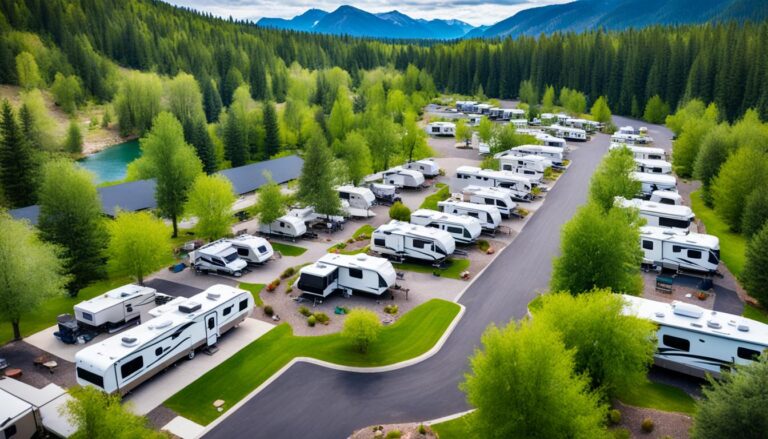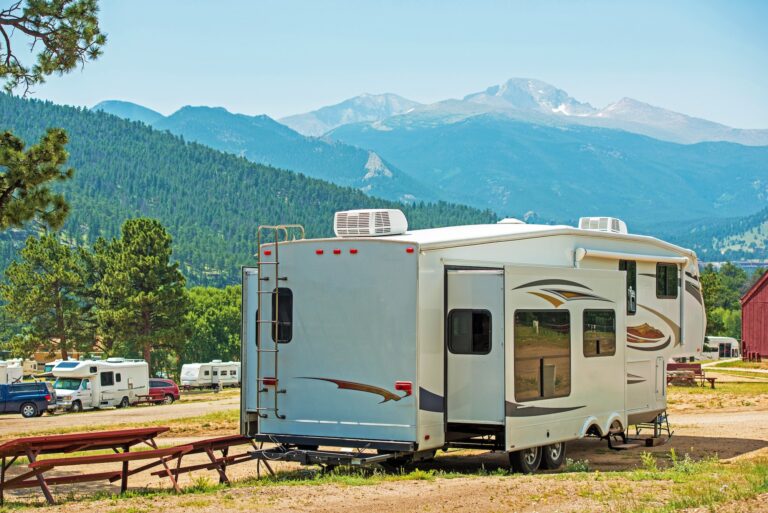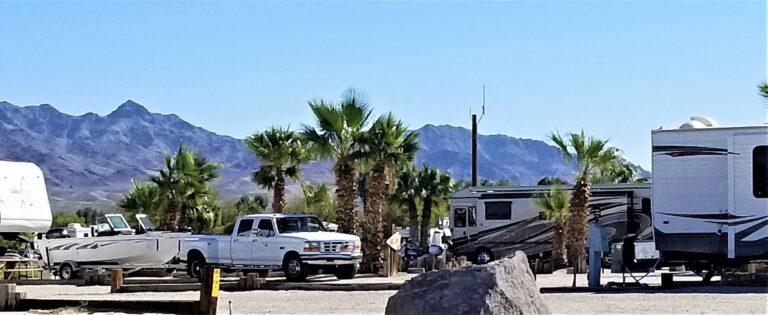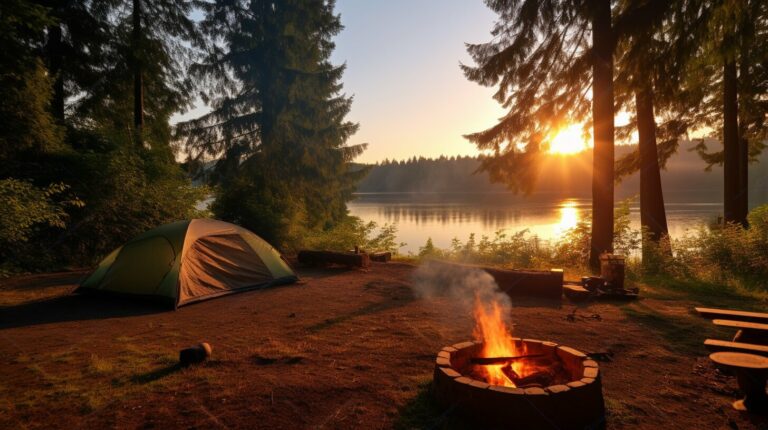Embarking on an RV adventure promises the freedom of the open road, the allure of scenic routes, and the comfort of having your own space. However, before you set off into the sunset, it’s essential to understand the costs associated with RVing. This comprehensive guide will help you navigate the financial aspects of RVing, breaking down the expenses into fuel, maintenance, and living costs.
Fuel Costs
Fuel is one of the most significant ongoing costs for RVers. The amount you spend on fuel will be influenced by several factors:
- RV Type: The type of RV you have will largely determine your fuel efficiency. Generally, larger RVs consume more fuel. Diesel RVs, although more expensive upfront, tend to offer better fuel efficiency than gas models.
- Driving Style: How and where you drive can impact your fuel costs. High speeds, heavy acceleration, and mountainous terrain can increase fuel consumption.
- Distance: The farther you travel, the more you’ll spend on fuel. If you’re planning a cross-country trip, your fuel costs will be considerably higher than they would be for a weekend getaway.
To calculate your fuel costs, determine the average miles per gallon (MPG) your RV gets, estimate the distance you’ll travel, and consider the current price of fuel. For example, if your RV gets 10 MPG and you’re planning a 1,000-mile trip, you’ll need around 100 gallons of fuel. If fuel costs $3 per gallon, you’ll spend approximately $300 on fuel for the trip.
Maintenance and Repairs
Just like any vehicle, an RV requires regular maintenance to keep it in good condition. Here are some expenses you should anticipate:
- Routine Maintenance: This includes tasks like oil changes, tire replacements, and brake inspections. These costs will depend on the type of RV you own and how frequently you use it.
- Unexpected Repairs: Even with diligent maintenance, unexpected repairs can arise. It’s a good idea to have a contingency fund for these kinds of expenses.
- RV Insurance: Insurance is a mandatory cost that protects you from substantial financial losses in the event of an accident or other damage to your RV.
- Roadside Assistance: Given the size and complexity of RVs, having a specialized RV roadside assistance program is a wise investment.
On average, you can expect to spend between $1,000 and $2,000 per year on routine maintenance and repairs, but this number can vary widely depending on the age and condition of your RV.
Living Expenses
When you’re living in an RV, whether full-time or part-time, you’ll have living expenses similar to those you’d have in a home:
- Campground Fees: Costs can range from $20 to $80 per night depending on the location, amenities, and time of year.
- Food: You’ll likely eat a mix of meals cooked in your RV and dining out. A reasonable budget might be $200-$400 per month for groceries and $100-$200 for dining out.
- Utilities: Some campgrounds include utilities like water, sewer, and electric in their fees, but others charge separately. You might also need propane for heating, cooking, and refrigeration.
- Internet/Cell Service: If you need to stay connected for work or personal reasons, you’ll need a reliable internet connection. Costs will depend on your data needs and the service provider.
- Entertainment: Budget for activities like sightseeing, park entrance fees, and other entertainment expenses.
Other Costs
Other costs to consider include:
- Depreciation: Just like cars, RVs depreciate over time. This won’t be a monthly cost, but it’s worth considering if you plan to sell your RV in the future.
- Financing: If you’re financing your RV, you’ll need to include your monthly payment in your budget.
- Storage: If you’re not using your RV year-round, you may need to pay for storage.
Reducing RVing Costs
While RVing can be expensive, there are ways to reduce your costs:
- Boondocking: This refers to camping for free on public lands outside of designated campgrounds. It’s a great way to reduce your accommodation costs, but it typically means foregoing amenities like hookups and restrooms.
- Seasonal Work: Many RVers take on seasonal work or work-camp in exchange for a free campsite and a small wage.
- Fuel Efficiency: Drive at slower speeds, reduce your weight, and keep your tires properly inflated to improve your fuel efficiency.
- Preventive Maintenance: Regular maintenance can help prevent costly repairs down the line.
- Meal Planning: Cooking your own meals instead of dining out can significantly reduce your food costs.
Conclusion
Embracing the RV lifestyle can be a rewarding experience, offering freedom, flexibility, and the chance to explore new places. However,it’s essential to understand the costs involved, including fuel, maintenance, and living expenses. By doing your homework and budgeting for these costs, you can enjoy the open road without financial stress.
Remember, while the costs might seem high, many dedicated RVers find the lifestyle well worth it. The freedom to explore new places, the comfort of having your own space, and the sense of community among fellow RVers are all priceless. With careful planning and budgeting, the RV lifestyle can be an affordable way to see the world and experience life on the open road.
So, before you start your RV journey, take the time to understand these costs and budget accordingly. It’s always better to overestimate your expenses and be pleasantly surprised than to underestimate and find yourself in a tight spot financially.
RVing is more than just a mode of travel; it’s a lifestyle choice. By understanding the associated costs, you can make informed decisions and enjoy the journey as much as the destination. So get out there, hit the open road, and start creating unforgettable memories in your home on wheels. Happy RVing!






